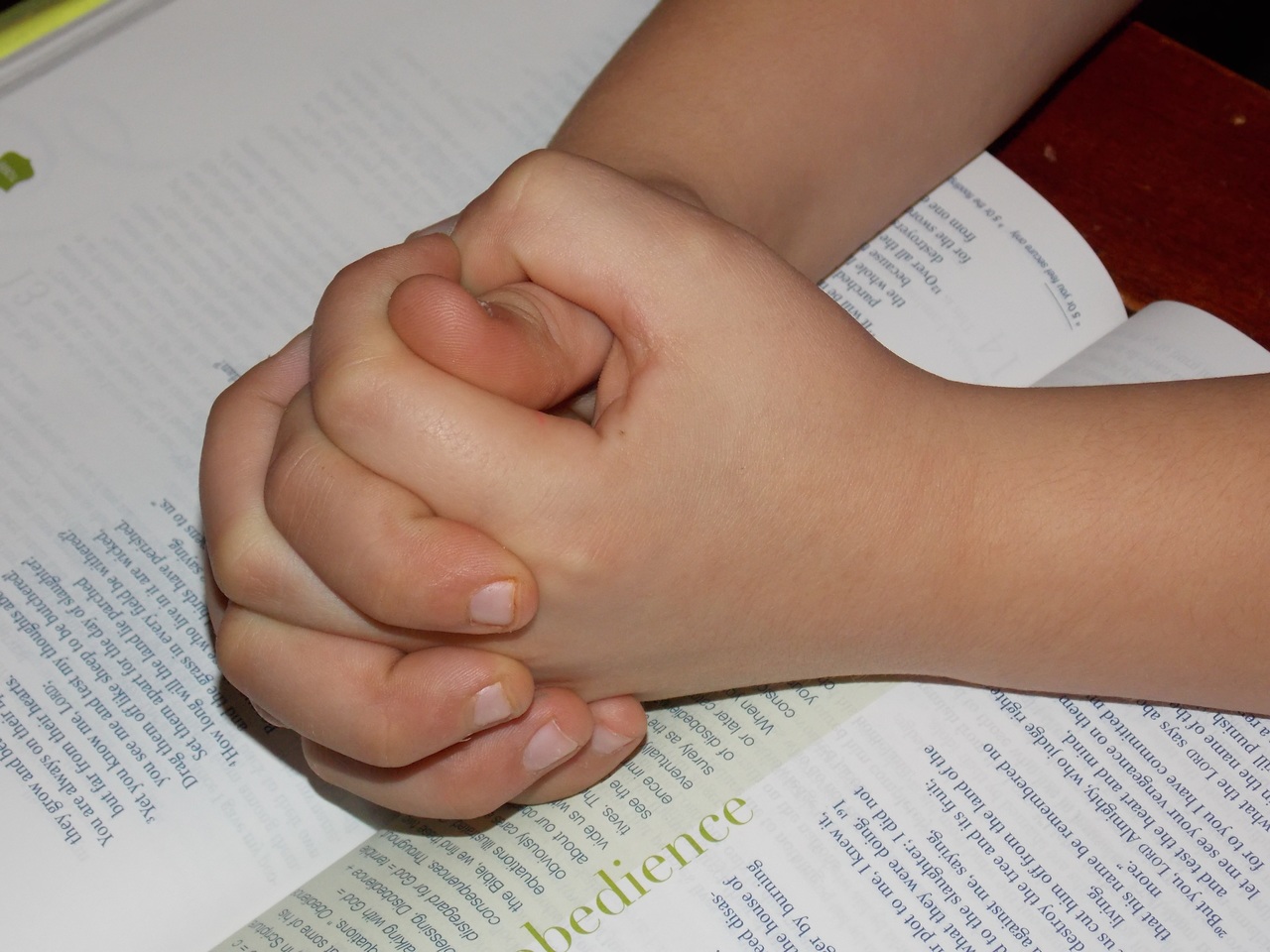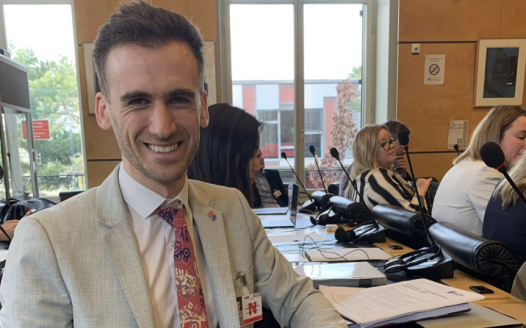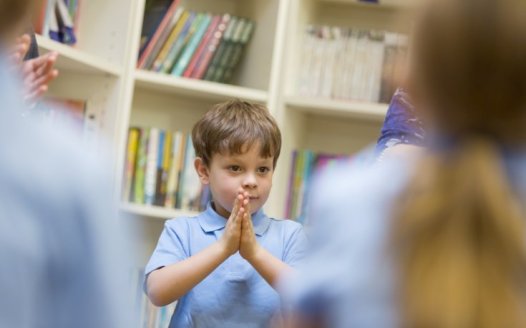The government must respond to pressure to end compulsory school worship
Posted: Mon, 5th Aug 2019 by Alastair Lichten
As opposition to compulsory worship gathers and its defenders grow increasingly out of touch, Alastair Lichten says ministers should reconsider the law and its implementation.
The requirement for schools to conduct a daily act of Christian worship in which students are required to "take part" is among the most archaic and widely flouted laws in England.
Where it is actually enforced, the requirement can be a serious imposition on the freedom of belief of pupils compelled to worship and the right of parents to raise their children in accordance with their beliefs. Many parents find exercising their right to withdraw frustrated or see it as unreasonably marking out and excluding their children.
While reliable polling on the issue is sporadic, it is widely understood including by its supporters to be unpopular. Our polling last year in conjunction with Censuswide found that just 26% felt that school assemblies should feature worship. A 2011 survey by ComRes for the BBC found 70% of parents opposed to enforcing the law, and the figures are only likely to be moving in one direction.
Over the last week Teacher Tapp – a daily survey of circa 4,000 teachers – has published round ups of recent polling on religion in schools. These are linked below and I encourage you to check them out.
When asked whether they have an act of daily collective worship, 43% of non-faith primary schools have some form of collective worship in the classroom or assembly. Fourteen per cent have some form of reflection which isn't worship. In non-faith secondaries the numbers are five per cent and eight per cent respectively.
These numbers bear a little deeper interrogation. For example many of the schools claiming to provide collective worship may be simply using the term to refer to ethical inclusive assemblies with space for personal prayer or reflection.
Unsurprisingly, faith schools at both primary and secondary level are more likely to have worship (C of E primary 96%, secondary 50%, Catholic 92% and 90%) and generally less likely to have a daily reflection without worship (C of E primary three per cent, secondary 13%, Catholic five per cent and 5%).
I was initially surprised by how many C of E schools held worship. Many of them have taken a lighter touch when it comes to promoting a religious ethos, even going so far as to follow the more inclusive practices in community ethos schools. But the C of E's long efforts to increase the religiosity and evangelism of voluntary controlled faith schools is clearly paying off. With membership in terminal decline (just one per cent of 18-24 year olds now say they belong to the C of E) school worship is seen as increasingly important, particularly as far more children attend mandated worship in C of E faith schools than anyone voluntarily attends weekly C of E services.
If, like education officials three quarters of a century ago, you're imagining a school day starting with the Lord's Prayer then you may be in for a little disappointment. Sixty-seven per cent of primary schools and 81% of secondary schools never hold the prayer. Just two per cent of primaries and one per cent of secondaries do it daily.
The survey also reminds us of then education secretary Michael Gove's 2012 effort to encourage a more traditional approach to collective worship by sending an ornate Bible to every school in England. Mr Gove may be heartened that only two per cent of teachers are "pretty sure" it was thrown out or given away. Though as 82% of primary and 92% of secondary teachers have "no idea where it is", the real number may be a little higher.
None of these figures are surprising and taken alone the DfE could keep kicking this can down the road. But a new legal challenge by two parents against their non-faith school's Christian assemblies will (whatever its outcome) pile pressure on the DfE to at least clarify the legal position and release updated guidance.
We'd prefer legislative change to remove the collective worship requirement and the Equality Act exemption which supports it. In the 2015 election we secured the commitment of the Green and Liberal Democratic parties to do this. But the right guidance could still be a big step forward.
Last week we wrote to new education secretary Gavin Williamson urging him to review the guidance to make clear:
- What schools must do to provide a meaningful alternative to collective worship which does not stigmatise or cause other detriment to withdrawn pupils.
- What constitutes fulfilling the collective worship requirement – and does it actually require directing worship?
- What consultations schools must undertake in determining whether any collective worship policy is suitable for their school community and legally protected ethos.
Our letter noted that for decades the Department for Education and Ofsted have quietly allowed community schools, and later community school ethos academies, to interpret the requirement as permitting ethical inclusive assemblies with no directed worship component, often with a simple concluding moment of silence during which students may pray or reflect.
Statistics if not otherwise referenced are from the Teacher Tapp blog posts:
Teachers are losing their religion, part 1
Teachers are losing their religion, part 2
Update (9 August 2019): A poll by YouGov for Humanists UK has found that the public believes religious worship is the least appropriate activity for school assemblies, ranking it last among 13 possible topics or activities. Only 28% of people said religious worship was appropriate for daily assemblies, with half (50%) saying it was inappropriate.
Religious worship was significantly below the next least popular topic (politics and government), which still enjoyed plurality (45%) support. A majority of parents of school-aged children (51%) also said religious worship was inappropriate, with 29% saying it was appropriate.

End compulsory worship
No child should be compelled to pray in school. Join our campaign.








